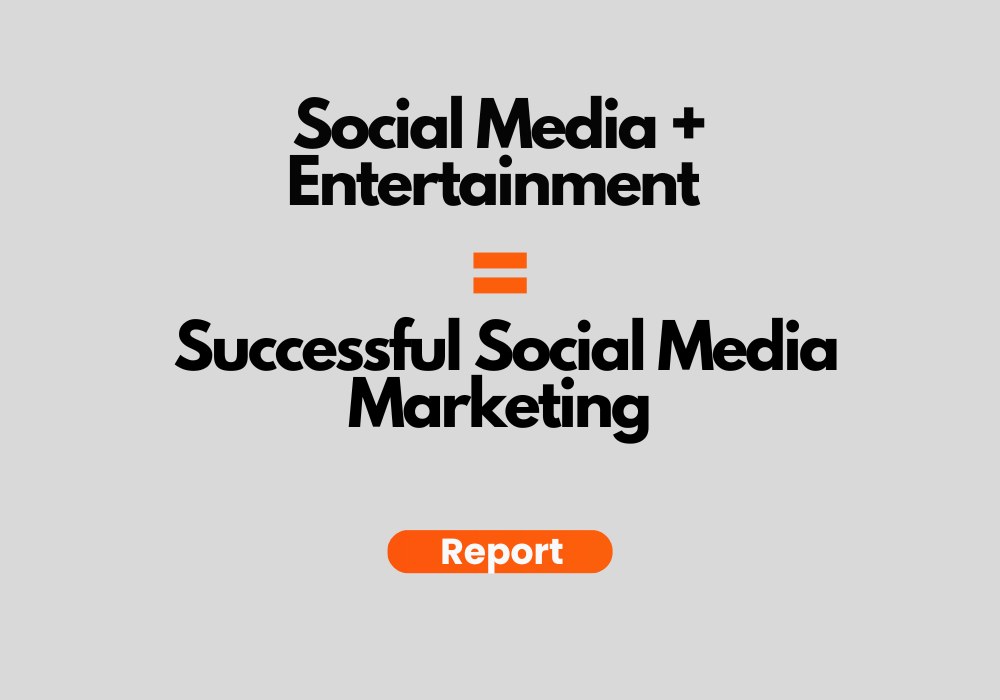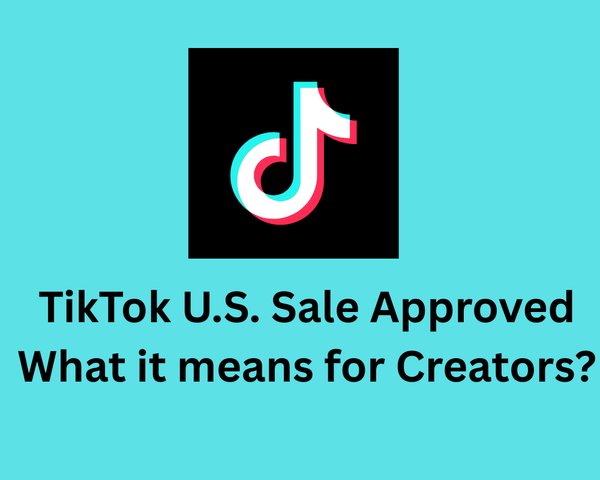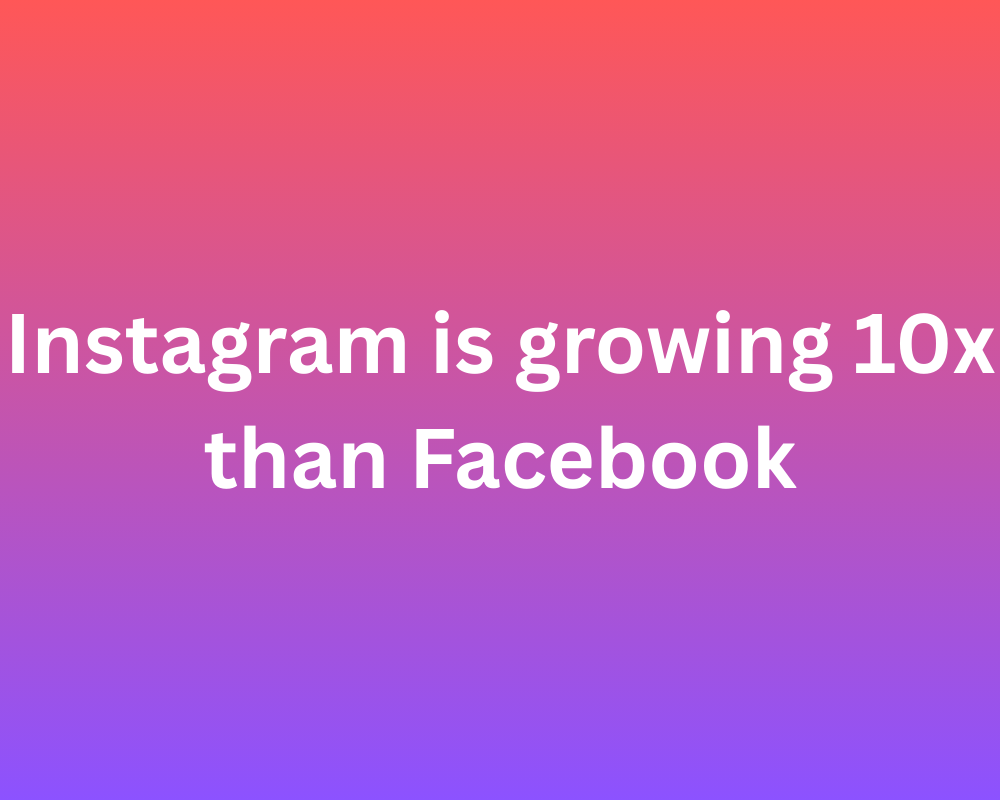Report: Social Media Marketing Is Shifting to Entertainment

The landscape of social media marketing is undergoing a fundamental transformation, moving away from traditional interaction-based strategies towards entertainment content.
The evolution is primarily driven by platforms like TikTok, which has fundamentally reimagined how users consume social media content
According: Marie La France, vice president of strategy, Dash Hudson
What are the key paradigm shifts from interaction-based strategies to pure entertainment content.
Platform Dynamics:
- TikTok has revolutionized social media by prioritizing time spent over likes and comments.
- 50% of Instagram content and 30% of Facebook content now comes from AI recommendations.
Marketing Strategy Implications
Content Transformation:
- Marketers must pivot from engagement-focus posts to purely entertaining content.
- Short-form video has become the dominant content format.
- Traditional strategies like hashtags and calls-to-action are becoming less effective.
70% of consumers find online marketplaces more convenient for shopping. Brands are merging shopping and entertainment experiences, with social platforms reporting positive user reception to commercial content.
Even luxury brands are embracing platforms like TikTok.
Balmain, for example, saw a 279% increase in website clicks after implementing a data-backed creative strategy.
Importance of Creative Content
In the era of social entertainment, creative content reigns supreme. Nielsen Catalina reports that 56% of brands' sales lift from digital advertising can be attributed to creative quality. This underscores the critical importance of producing engaging, entertaining content that resonates with audiences.
Marketers should focus on:
- Developing high-quality, creative content.
- Embracing platform-specific features and trends.
- Prioritizing entertainment value over traditional marketing messages.
Social Entertainment Success Case
Spotify: Spotify Wrapped
The most standout example of social entertainment marketing is Spotify's annual Wrapped campaign. By creating personalized music summaries that users eagerly share, Spotify transforms data into an engaging, shareable experience. The campaign generates massive social media buzz, with users excited to showcase their unique listening habits.
the fan noises i use to sleep have caught up to my on repeat... can't wait for spotify wrapped like 11 months pic.twitter.com/XSAXS2ougA
— braybray (@yarbyarbs) January 30, 2023
Dove's Real Beauty Sketches
Dove, a personal care brand, launched the "Real Beauty Sketches" campaign in which women described themselves to an artist who drew two sketches: one based on their self-description and another based on how others saw them.

The second sketch was more flattering, promoting self-acceptance. This emotionally resonant story used beautiful visuals and leveraged social media to reach millions.

The video generated 30 million views and 660,000 Facebook shares within just ten days.
Old Spice's "The Man Your Man Could Smell Like"
Old Spice reinvented its brand through humorous social media advertising, proving that laughter is a powerful marketing tool. The campaign boosted brand awareness and follower engagement through unexpected comedy.

Trends and Future Outlook
Growing Social Media Usage: The number of social media users has reached nearly 5 billion, representing over 61% of the world's population. This trend is expected to continue, with social media projected to overtake linear TV in terms of users by 2025.
Increased Ad Spending: Digital ad spending is soaring, with social media ads playing a significant role. Businesses spent an estimated $68.45 billion on paid social media advertising in the United States last year.
Shift in Platform Preferences: TikTok has emerged as the leading platform for influencer marketing, surpassing Instagram in popularity among influencers.
Focus on Micro and Macro Influencers: Brands are increasingly turning to influencers with fewer than 99,999 followers, as audiences view them as more authentic compared to celebrity influencers.
Implications for Marketers
The shift towards entertainment-focused content on social media platforms has significant implications for marketers:
Prioritize Entertainment: Content that entertains and engages users is more likely to succeed in the current social media landscape.
Algorithm Changes: Platforms are increasingly prioritizing time spent watching content over traditional engagement metrics like likes and comments.
Short Video Content: Short-form video has become a dominant format across platforms, giving a shift into content creation strategies.
Creator Partnerships: Long-term collaborations with content creators can help brands produce more authentic and engaging content.
Use of AI Recommendations: With platforms increasingly relying on AI to recommend content, marketers must create content that aligns with these algorithms.
Conclusion:
The future of social media marketing is clear: Entertainment is King. Brands that can adapt to this shift by creating engaging, creative, and platform-appropriate content are likely to see the greatest success in their social media marketing efforts.





